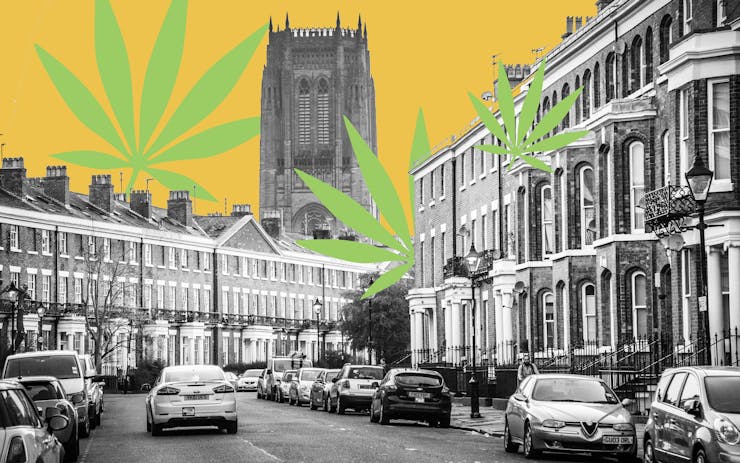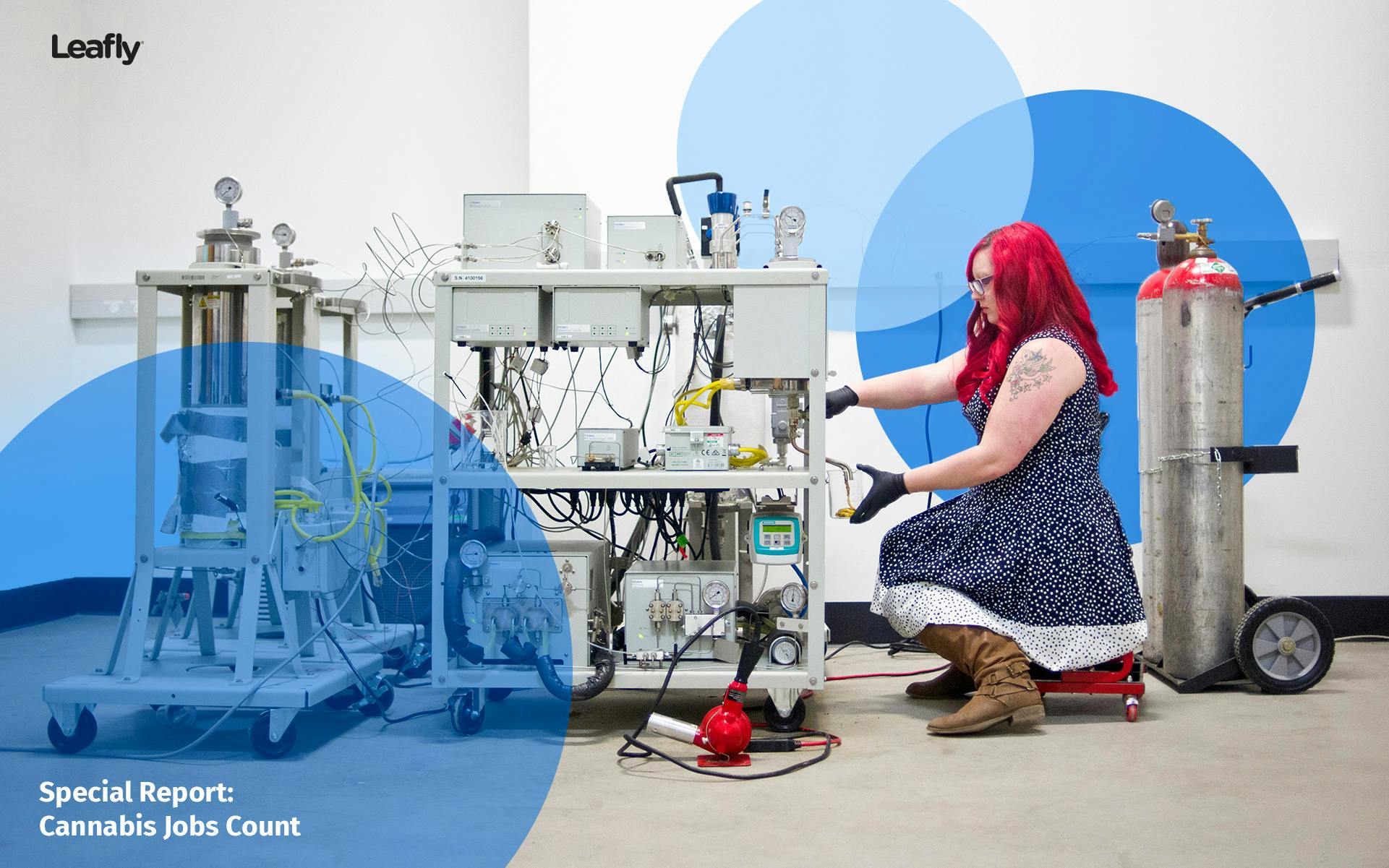The Church of England, the largest and most influential religious organization in Great Britain, announced this week that it will lift a longstanding prohibition on medical cannabis in order to explore investing in the fast-growing and potentially stupendously profitable industry.
The organization’s Church Commissioners are responsible for managing the church’s £8.3 billion in assets—an investment portfolio that includes real estate, cash, and stakes in a variety of companies that meet “ethical and responsible” criteria. Despite these self-imposed restrictions, the commissioners have managed to grow the fund by 5% year-over-year over the past 30 years.
Like other organizations with values-based investment funds, the church has long eschewed stakes in so-called “sin stocks,” including alcohol and tobacco firms. Fair game, however, are companies that produce and market pharmaceutical drugs.
As for patients? The church will issue a “formal stance” on medical cannabis sometime “soon.”
In Great Britain, this now includes medical cannabis. The British Home Office allowed physicians to begin writing prescriptions for therapeutic cannabis last fall, though patient access is still mostly theoretical—the drug is not covered by the National Health Service, meaning the underground illicit market is still the most affordable vector of access for all but the super-wealthy.
As the Financial Times first reported, on Monday, the Church Commissioners will “for the first time” consider investing in firms that deal in medical cannabis only.
“We make a distinction between recreational cannabis and medicinal cannabis,” Edward Mason, the Church’s chief of responsible investment, told the FT. “We are content with it being used for proper medicinal purposes.”
As for patients? The church will issue a “formal stance” on medical cannabis sometime “soon,” Mason told the paper.
In the meantime, the policy change allows the Church to invest in companies like UK-based GW Pharmaceuticals, a darling of the cannabis investment world and marketer of cannabis-derived drugs approved for use in the United States and the UK.
The new policy still bars the church from considering a stake in companies that also have an adult-use arm, such as Canopy Growth Corp., a publicly traded Canadian cannabis giant that has been seeking a bigger piece of the growing European market. The church says it will not invest in any company that makes more than 10% of its revenue from adult-use cannabis products, according to the Financial Times.
As it the legal cannabis market grows in size and continues to expand across the globe, it’s becoming an increasingly attractive target for mainstream investors—including many who had worked to oppose legalization in prior careers. This includes figures such as former US Speaker of the House John Boehner, who stands to become a millionaire several times over if Acreage Holdings, a cannabis company for which Boehner serves on the Board of Directors, is acquired by Canopy.
By some estimates, the global cannabis market is already worth more than $10 billion—a figure that may be low, considering the more than $1.5 billion worth of adult-use marijuana sold in Colorado last year alone.
Shop highly rated dispensaries near you
Showing you dispensaries nearThe church has yet to publicly identify any specific investment targets.







